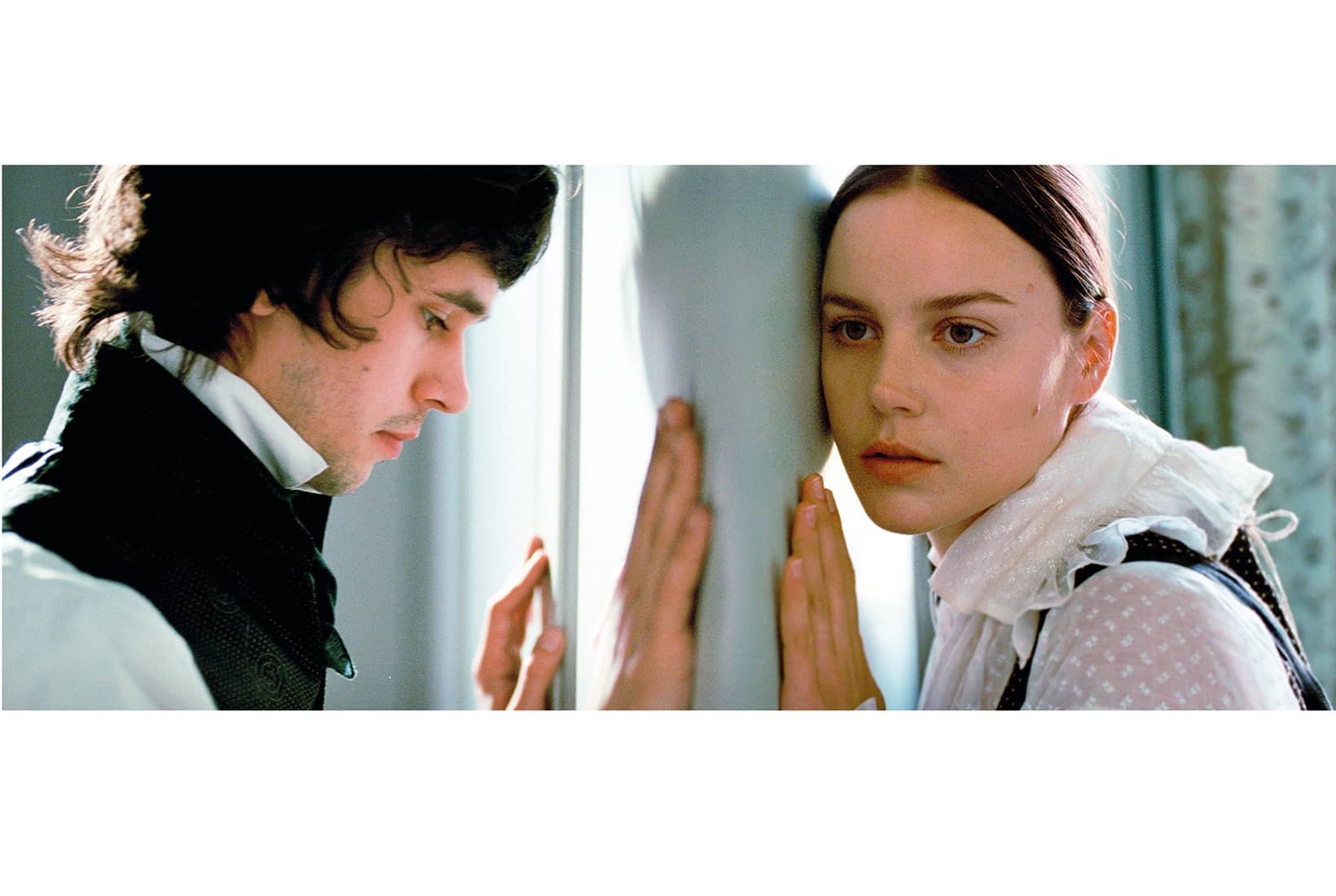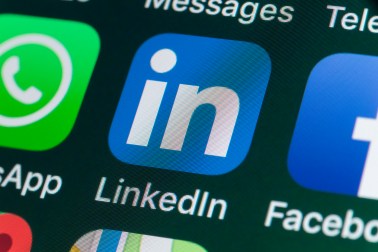Television and film are popular mediums. Poetry has never been popular. This is Sam Weller’s father in Pickwick Papers, when he discovers his son writing a valentine, alarmed it might be poetry:
Poetry’s unnat’tral; no man ever talked poetry ’cept a beadle on boxin’ day, or Warren’s blackin’, or Rowland’s oil, or some o’ them low fellows; never let yourself down to talk poetry, my boy.
In 1994, I made a short film about Kipling. The director, Tony Cash, a man with a first-class Oxford degree in Russian, objected to a two-second reference to Aristotle’s ‘pity and terror’ in my script. ‘If you mention Aristotle, they [the TV audience] will think you’re an arsehole or an idiot.’ Until then, I didn’t realise Channel 4 viewers had such a strong antipathy to Aristotle.
Poetry has to be sold to the viewer. So biography, anecdote, the lives of the poets, tends to replace the words on the page – what you might call the Vasari ploy. A problem only occurs when poets have dull lives at the desk. It’s better if Dylan Thomas is dying of drink, or Philip Larkin is drinking half a bottle of sherry before he sets out for work at the Brynmor Jones Library and juggling three sexual partners simultaneously. Better still if Ted Hughes is exerting his force field of eroticism. No wonder an Arena documentary should begin, cynically enough, with this prefatory voiceover: ‘More controversy and scandal attaches to his name than that of anyone with the exception of Byron.’ Hughes’s best biographer, Elaine Feinstein, modified this, belatedly: ‘All these women have fallen into his grip and he’s destroyed them, but as soon as you look at the facts, it wasn’t quite like that.’
Biography and anecdote tend to replace the words on the page – what you might call the Vasari ploy
Sometimes, of course, the life is redacted.








Comments
Join the debate for just £1 a month
Be part of the conversation with other Spectator readers by getting your first three months for £3.
UNLOCK ACCESS Just £1 a monthAlready a subscriber? Log in